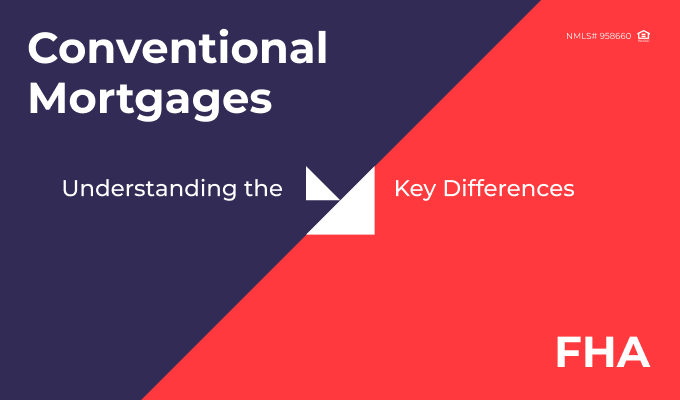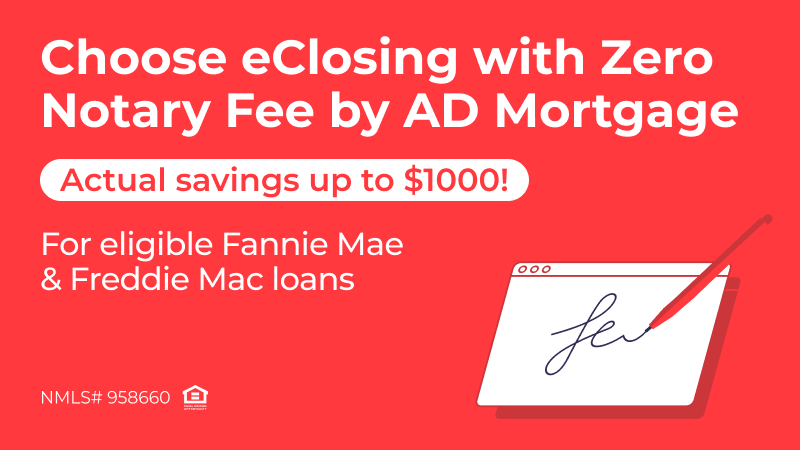
As a mortgage broker, it’s important to understand the different types of mortgages available to your clients. Two of the most popular types of mortgages are the Federal Housing Administration (FHA) mortgage and the conventional mortgage. Understanding the differences between these two types of loans can help you guide your clients in making the best decision for their needs. Let’s take a look at what an FHA mortgage and a conventional mortgage entail, as well as their advantages and disadvantages.
What is an FHA Mortgage?
An FHA loan is a home loan that is insured by the Federal Housing Administration (FHA). It’s designed to provide borrowers with more lenient borrowing requirements than conventional mortgages, such as lower down payments and credit scores. Borrowers who use an FHA loan must pay an upfront mortgage insurance premium (MIP) which varies depending on the amount borrowed and other factors. They also have to pay annual premiums as part of their monthly payment throughout the life of their loan.
- Advantages: Lower down payment requirement; less stringent credit score requirement; fixed interest rate; available for buyers with lower incomes or those with less cash savings; MIP can be canceled in certain circumstances.
- Disadvantages: Higher monthly payments due to MIP; limited selection of lenders since not all lenders offer FHA loans.
What is a Conventional Mortgage?
A conventional mortgage is one that is not backed by any government agency, such as the Federal Housing Administration or Veterans Administration. It tends to come with stricter lending standards than other types of loans, such as higher credit scores and larger down payments compared to its government-backed counterparts like FHA loans. The interest rates for conventional mortgages tend to be lower than those for other types of mortgages, so they are often favored by borrowers who plan to keep their loan for many years or have good credit scores but lack sufficient funds for a large down payment.
- Advantages: Lower interest rates; higher loan amounts allowed; more flexible repayment options; no additional insurance premiums required; more lenders offering these loans compared to FHA loans.
- Disadvantages: Strict lending criteria means qualifying can be difficult; higher down payment requirement; higher credit score requirements may exclude some potential borrowers from qualifying.
If you want to learn more about our FHA or Conventional loans, be sure to visit our Programs page.
Making sure your clients understand the differences between an FHA mortgage and a conventional mortgage is key when helping them decide which type of loan best fits their needs and budget. An FHA loan may be beneficial for those looking for more lenient borrowing requirements, while those seeking low interest rates may find that a conventional mortgage is better suited for them. Ultimately, it’s up to you—the experienced broker—to provide guidance so that your client can make an informed decision about which type of loan will work best for them in achieving their homeownership goals!
If you are ready to become an approved broker with A&D Mortgage, visit out Become a Partner page.


